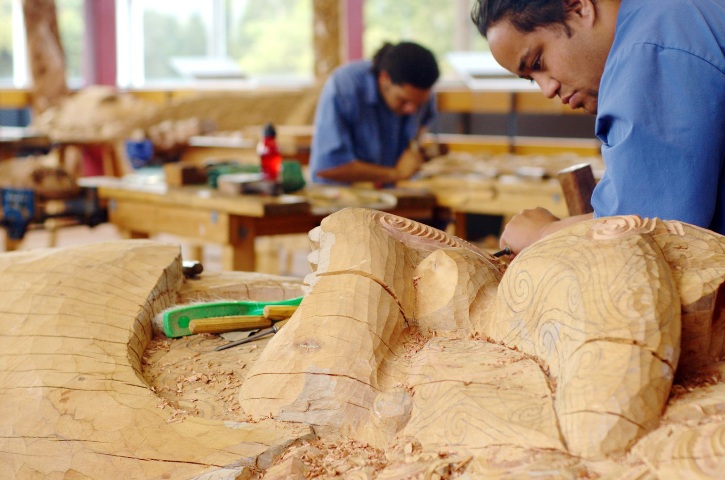Minister of Health Dr. Shane Reti has welcomed preliminary data from a significant immunisation initiative, emphasizing the importance of directing resources and funding away from Wellington bureaucracy and into the hands of frontline providers.
"Immunisation is one of the most crucial methods to protect New Zealanders from diseases such as influenza, whooping cough, and measles," Dr. Reti stated.
In December, Dr. Reti announced a $50 million investment over two years to support Māori health providers in increasing immunisation rates, particularly among children and older adults, who historically have had low vaccine coverage.
The early results of the program are promising. Preliminary data reveals that the lead provider organisation delivered 33,330 vaccinations by June 30, 2024—surpassing their initial target of 10,000 vaccinations set in March 2024 by more than threefold.
These vaccinations are essential in protecting both children and adults from serious illnesses such as polio, meningococcal B, tetanus, and diphtheria. The initiative is contributing directly to the Government's goal of achieving a 95% immunisation rate for children at 24 months.
The success of the program is attributed to localised efforts, including hosting community events and providing outreach services that are convenient and engaging for whānau, especially those with young children. These efforts were supported by targeted campaigns on social media, radio, and street advertising.
For instance, in Te Tai Tokerau, the Ngāti Hine Health Trust successfully reached older Māori, with more than three-quarters of those vaccinated being Māori, and nearly half of them over the age of 65. In the Hauraki and Waikato regions, Te Kōhao Health and Raukura Hauora o Tainui delivered almost half of their vaccinations to young children aged 0-4 years through over 70 outreach events, focusing on supporting new mothers, pregnant women, and families at community events and through home visits.
These efforts have also contributed to broader health targets, such as reducing emergency department wait times by preventing serious illnesses through vaccination.
"This initiative exemplifies the kind of investment in frontline services, managed and delivered locally, that is essential for achieving the health targets set by the Government," Dr. Reti concluded.











